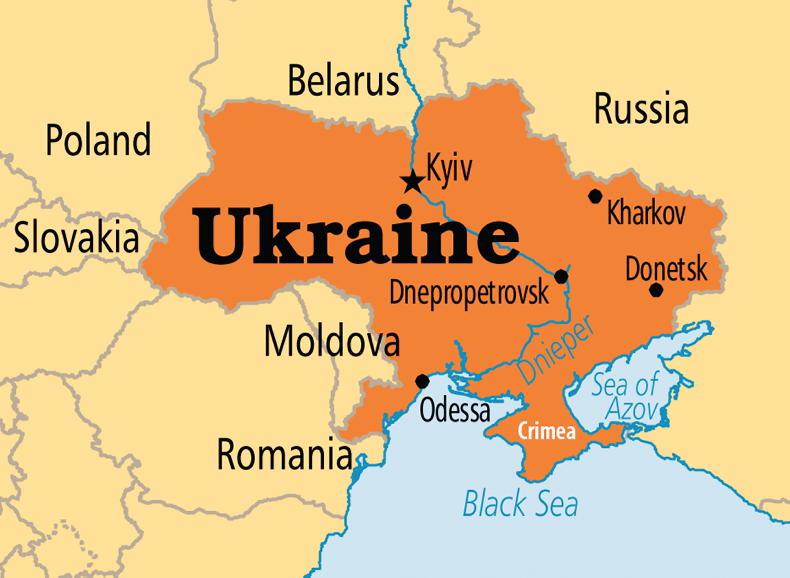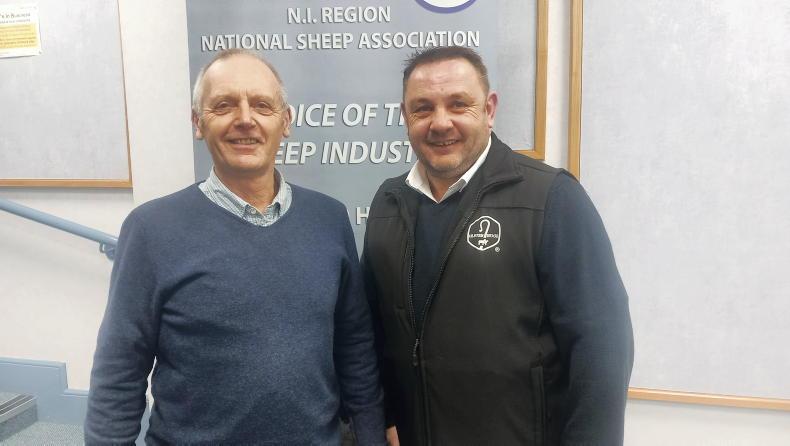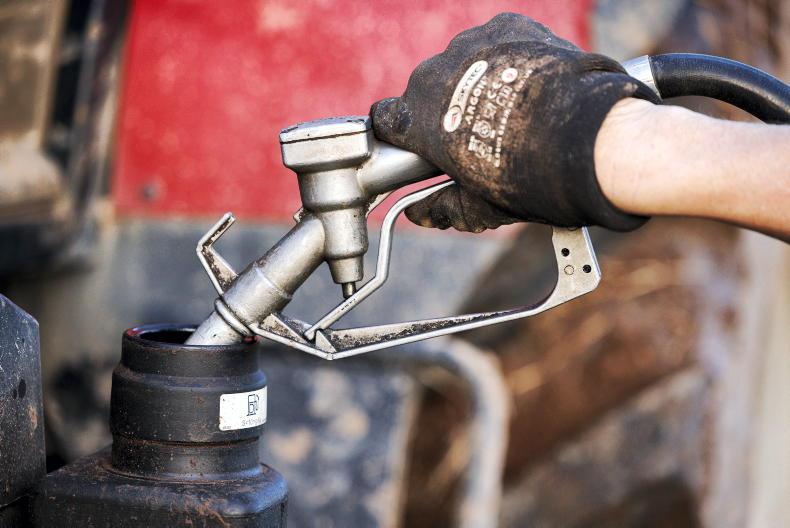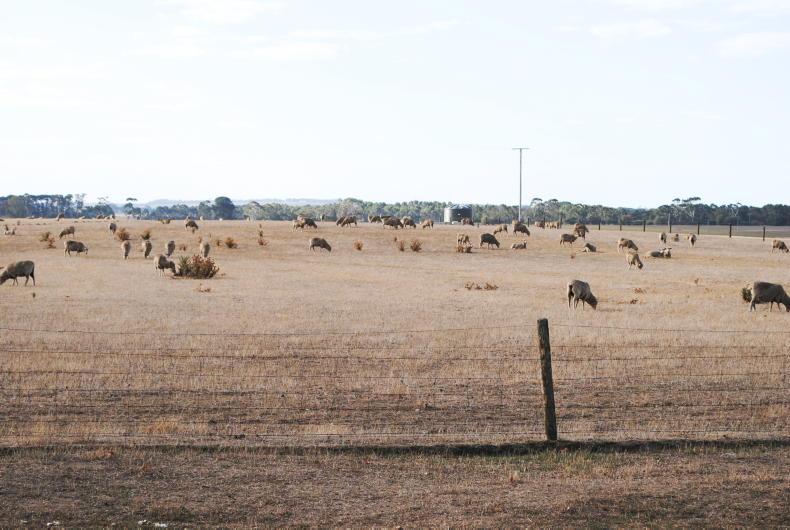An extraordinary meeting of the G7 agriculture ministers on Friday highlighted deep concern among members about the “impacts on food security and rising number of people suffering from hunger and all forms of malnutrition”.
Russia’s invasion of Ukraine will “put pressure on food security globally” and the group expressed “grave concern” about the impact on global supply chains and how the “sharp rise of already high prices for agricultural commodities and inputs” would impact on “food security and nutrition for vulnerable countries and populations”.
The group also committed to “co-operating closely” and taking concrete action to safeguard global food security and nutrition.
They also committed to maintain the flow of product and labour across borders and called on all countries to keep their markets open for exports and trade.
Prices will also be monitored and artificially inflated food prices would not be tolerated.

Real fears among G7 agriculture ministers for food security.
Meanwhile, EU leaders who were meeting in Versailles pledged to improve food security by reducing dependency on key imported agricultural products and inputs and in particular increase EU production of plant-based proteins.
The leaders tasked the European Commission to come forward with proposals to tackle rising food prices and address the issue of global food security as soon as possible.
While global leaders have been initially focused on security and defence in response to Russia’s invasion of Ukraine followed by the global energy supply given the dependence on Russia for gas and oil supplies, food moved centre stage on Friday.
All countries have been experiencing food inflation for the past year, as reflected by the record UK FAO food price index for February.
With grain exports looking less and less likely from Ukraine this year, plus reduced supply and highly inflated fertiliser costs, food production will inevitably be reduced and further cost increases unavoidable.
It will take maximum focus on production to minimise the problem globally, as well as in Europe.
An extraordinary meeting of the G7 agriculture ministers on Friday highlighted deep concern among members about the “impacts on food security and rising number of people suffering from hunger and all forms of malnutrition”.
Russia’s invasion of Ukraine will “put pressure on food security globally” and the group expressed “grave concern” about the impact on global supply chains and how the “sharp rise of already high prices for agricultural commodities and inputs” would impact on “food security and nutrition for vulnerable countries and populations”.
The group also committed to “co-operating closely” and taking concrete action to safeguard global food security and nutrition.
They also committed to maintain the flow of product and labour across borders and called on all countries to keep their markets open for exports and trade.
Prices will also be monitored and artificially inflated food prices would not be tolerated.

Real fears among G7 agriculture ministers for food security.
Meanwhile, EU leaders who were meeting in Versailles pledged to improve food security by reducing dependency on key imported agricultural products and inputs and in particular increase EU production of plant-based proteins.
The leaders tasked the European Commission to come forward with proposals to tackle rising food prices and address the issue of global food security as soon as possible.
While global leaders have been initially focused on security and defence in response to Russia’s invasion of Ukraine followed by the global energy supply given the dependence on Russia for gas and oil supplies, food moved centre stage on Friday.
All countries have been experiencing food inflation for the past year, as reflected by the record UK FAO food price index for February.
With grain exports looking less and less likely from Ukraine this year, plus reduced supply and highly inflated fertiliser costs, food production will inevitably be reduced and further cost increases unavoidable.
It will take maximum focus on production to minimise the problem globally, as well as in Europe.










SHARING OPTIONS